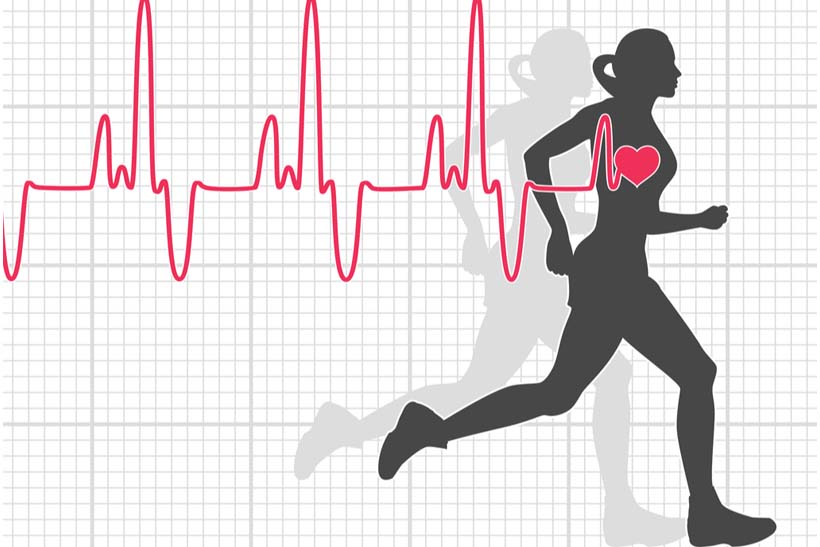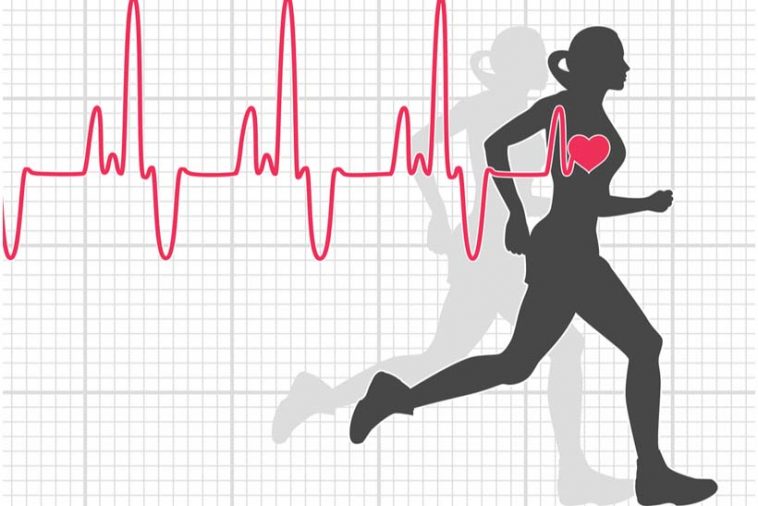- Like
- SHARE
- Digg
- Del
- Tumblr
- VKontakte
- Flattr
- Buffer
- Love This
- Save
- Odnoklassniki
- Meneame
- Blogger
- Amazon
- Yahoo Mail
- Gmail
- AOL
- Newsvine
- HackerNews
- Evernote
- MySpace
- Mail.ru
- Viadeo
- Line
- Comments
- Yummly
- SMS
- Viber
- Telegram
- JOIN
- Skype
- Facebook Messenger
- Kakao
- LiveJournal
- Yammer
- Edgar
- Fintel
- Mix
- Instapaper
- Copy Link
Introduction
 The number of atrial fibrillation (AFib) is anticipated to grow to 12.1 million in 2030. Currently, there are estimates that between 2.7 million and 6.1 million in the U.S. have AFib.
The number of atrial fibrillation (AFib) is anticipated to grow to 12.1 million in 2030. Currently, there are estimates that between 2.7 million and 6.1 million in the U.S. have AFib.
Are you wondering how is atrial fibrillation diagnosed? We have your answers and more with this complete guide on diagnosing afib.
What Is Atrial Fibrillation?
Atrial fibrillation, most commonly called AFib or AF, is the most common type of heart arrhythmia. An arrhythmia happens when the heart beats irregularly, too slow, or too fast.
When someone has AFib, the beating in the upper heart chambers is irregular, causing the blood to not flow as it should to the lower heart chambers. It also reduces the blood supply to the rest of the body. This can cause severe complications like heart failure and stroke.
AFib can have brief episodes or be a permanent condition.
Symptoms of AFib
The most common symptom of AFib is a fluttering or quivering heartbeat. Sometimes, people with AFib don’t have symptoms. Sometimes, the only way this condition is detected is through an exam.
Other symptoms include:
- Weakness
- Fatigue when exercising
- Feeling light headed and tired
- General fatigue
- Dizziness
- Shortness of breath
- Anxiety
- Rapid and irregular heartbeat
- Feeling like you skipped a heartbeat
- Sweating
- Confusion
- Chest pain or pressure
If you have severe chest pressure or pain, you should seek medical help immediately and call 911.
How Is Atrial Fibrillation Diagnosed?
First, a doctor will talk to you about your medical history to check for any Afib risk factors. The doctor will ask questions regarding exercise, eating habits, alcohol consumption, and whether or not the person smokes or uses drugs.
The doctor will also check for any family history of AFib. If there’s a family history, the person has an increased risk of AFib. Getting medical history helps the doctor identify any AFib signs and symptoms, along with any other conditions that could cause AFib.
Monitoring AFib Tests
There are various tests that doctors use to diagnose atrial fibrillation.
Electrocardiogram (ECG or EKG) draws a graph of the electrical activity traveling through the heart. It gives the doctor a good view of the heart’s activity.
Some people have symptoms that come and go, so it may be harder to see the arrhythmia. The Holter monitor is a small recorder that’s worn over a specified time period. There are electrodes placed on the skin of the chest. These sticky patches are attached to wires and a monitor that records and store the heart’s rhythm.
A transtelephonic monitor sends a snapshot of your current heart rhythm if it shows symptoms of AFib directly to your doctor’s office.
A portable event monitor can be worn longer if patients have irregular heartbeat episodes less frequently. The wires are also attached to the sticky electrodes. The patient presses a button when he or she feels symptoms to activate the monitor.
The device will then record the heart activity for several seconds. It then transmits the activity to the doctor’s office for an evaluation. This monitor can help determine what heart rhythms cause certain symptoms.
These devices are a good way for your doctor to see a snapshot of your heart. It’ll show whether it’s for the short term or for longer bouts if you have less frequent episodes.
Other Tests
There are other tests a doctor may use to help find complications and causes of AFib.
Chest X-rays give an image of the chest including lungs and heart. It can also highlight if there are any other heart problems causing these issues. One heart problem could be heart failure which causes fluid to enlarge the heart and build up in the lungs.
Blood tests can identify other causes of AFib like kidney problems, anemia, or hyperthyroidism. The doctor will also treat these conditions.
A stress test is done when the doctor does an ECG while a person exercises, like running on a treadmill. This shows if there is a reduced blood supply to the heart.
Tilt-table test may be used when a doctor doesn’t see any arrhythmia from the monitoring, but the person still experiences symptoms like dizziness and fainting. This test examines a person’s heart function, along with blood pressure as the person moves in different positions. If a person’s blood pressure decreases in the upright position, this means the brain is not getting enough blood.
Electrophysiology is an invasive test. A doctor threads a catheter through a blood vessel, and then into the chambers of the heart. The catheter records and stimulates the heart, and checks for abnormal impulses and how fast they are.
After a doctor has determined the cause of arrhythmia, he or she can then recommend treatments to correct it.
How Is Atrial Fibrillation Treated?
There are various ways to treat AFib depending on the cause. AFib can be treated with medicines, procedures, surgery, and lifestyle changes.
If you have AFib, your doctor will look for any other diseases that may cause it, and review your risks for developing risky blood clots.
Your doctor may recommend blood-thinning medication to prevent blood clots to reduce your risk of a stroke. There are medicines available to help normalize your heart rate and rhythm.
Depending on the severity, your doctor may also recommend a pacemaker to keep the ventricles working and beating normally.
Your doctor may want to perform a procedure called electrical cardioversion. This procedure sends low-energy shocks to normalize your heart rhythm. If this doesn’t work, your doctor may recommend ablation. Ablation destroys and scars the heart’s tissue to prevent faulty electrical signals from causing irregular beats.
Part of the treatment includes eating a healthy diet and regular exercise. You will have to get your doctor’s recommendation on which exercises are good for you and your condition. You will visit your doctor regularly for follow-ups to see how your heart is responding to treatment.
Conclusion
If you feel you have any of these AFib symptoms, you should see your doctor. We answered how is atrial fibrillation diagnosed, so you have an idea of what to expect.
If you are looking for more articles to help you stay healthy, explore our Health and Fitness section.
About Shannon Clark
Shannon holds a degree in Exercise Science and is a certified personal trainer and fitness writer with over 10 years of industry experience.

